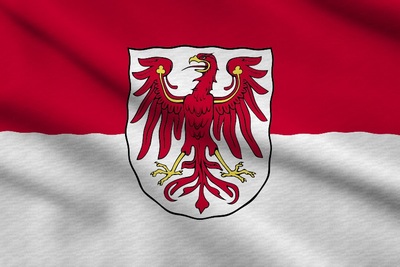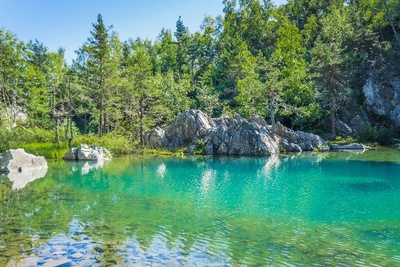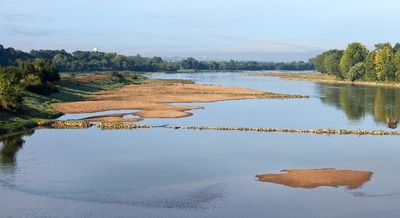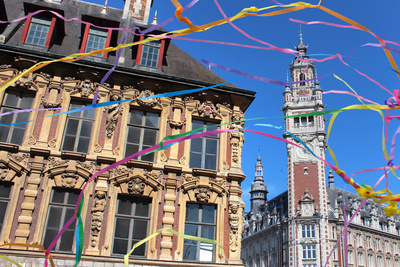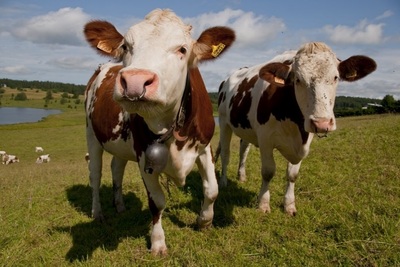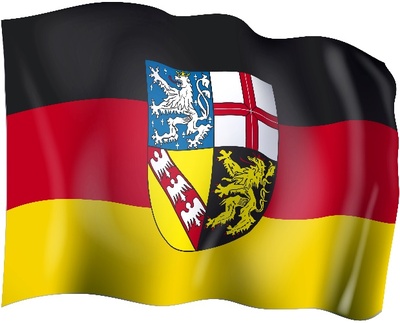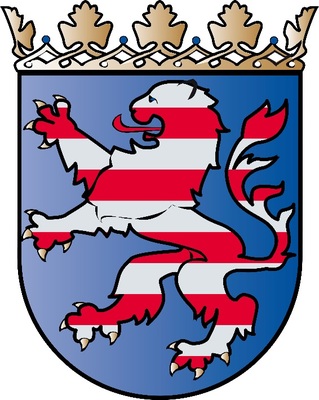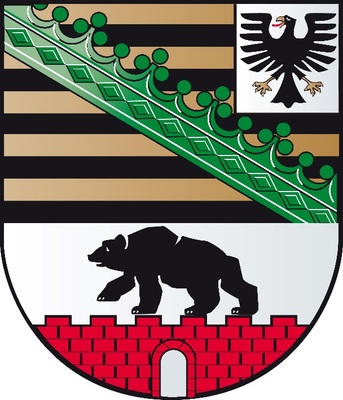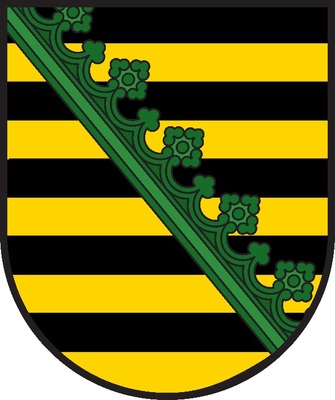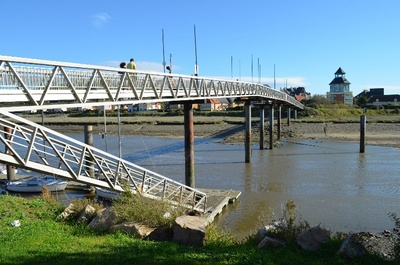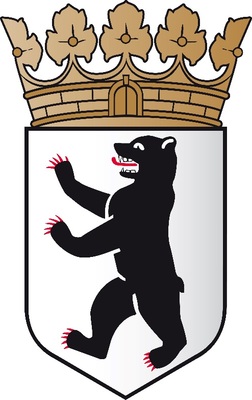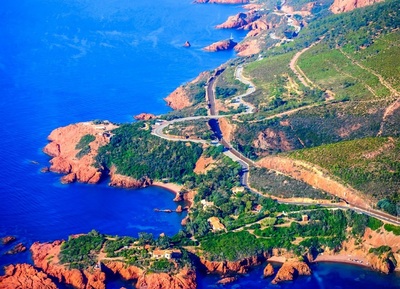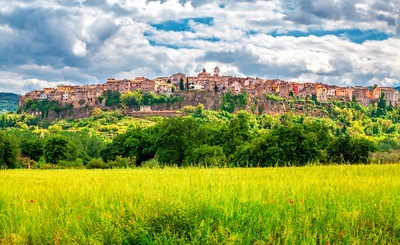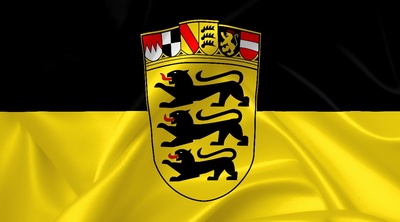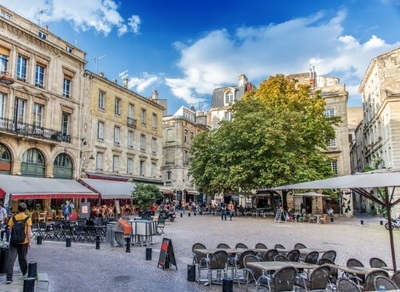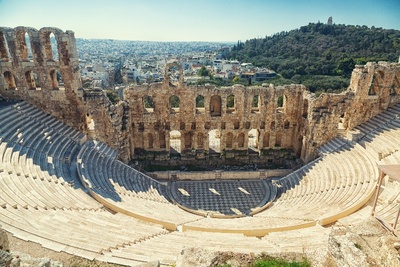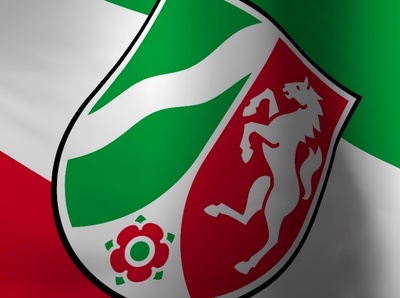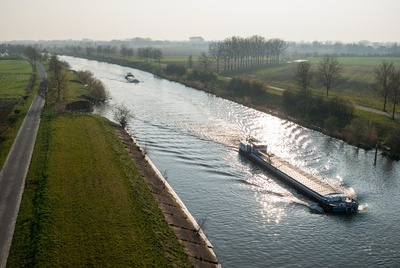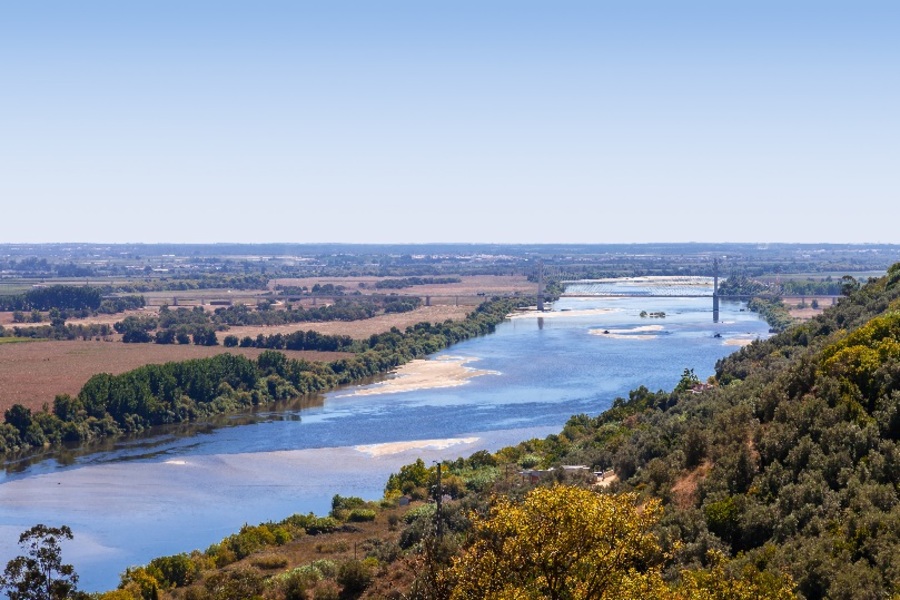
Lezíria do Tejo, Portugal
- Add to favouritesLezíria do Tejo
- Download

The Lezíria do Tejo region, whose chief city is Santarém, is located in the province of Ribatejo. It is known for its bread, tomatoes and rice, as well as its legendary Almeirim stone soup. It also produces glazed ceramic tiles, handicrafts and embroidery. The region accounts for 2.0% of Portuguese GDP and is home to a number of higher education institutions. Tourism also makes a significant contribution. The primary sector, especially winemaking, is another of its economic mainstays, and it produces 9% of Portugal’s wine. With a rich cultural heritage rooted in tradition and a favourable climate, fewer young people leave the region than other regions.
Examples of projects and initiatives supported by the EU
Urban arrangement of Rossio de Muge and the requalification of the Vala Muge river
In Salvaterra de Magos, [the urban development of the Rossio de Muge and the redevelopment of the valley of the River Mugem](http://ecosdesalvaterra.blogspot.be/2011/10/muge-empreitada-de-arranjo-urbanistico.html, took up an area larger than 7.2 hectares. The social impact of the project, financed by the EU to the tune of EUR 597 281,85, is significant, as the following have been created: a picnic area, a playground, a pedestrian promenade, a leisure area, an event space with a pavilion, and a green waste treatment area.
Rehabilitation of the Mill Building and Requalification of the Involving Zone
The Rio Park in Rio Maior is an outdoor public space, with pavement areas, a children’s park and green spaces on the river front. The Roman Villa and the Moagem building, both of which have been renovated with the support of EU funds. The ERDF contributed more than EUR 1 million to the restoration of the Moagem building and its transformation into a visitable space.
Creation of the first factory of fresh pasta and pre-cooked Italian dishes in Portugal
The first factory producing Italian chilled dishes and fresh pasta in Portugal Dunany Foods, SA opened in Samora Correia, the municipality of Benavente. The company prides itself on not adding preservatives or flavour enhancers to its creations and on putting quality first. The ERDF co-financed the project to the tune of EUR 1 327 094.
Waste2Life Productive Unit
Ambitrevo, based in Coruche, is a waste management operator pursuing sustainable solutions. To that end, it received 2.5 million in ERDF support to increase its productive capacity of organic fertilisers Nutrifolium, which are obtained by composting and adapted to the needs of each soil and crop.
Urban Employment (LAG) – Ribatejana heath
In support of local entrepreneurship, Queques da Villa, a restaurant shop with a range of facilities, such as a gourmet bar and a crafts, jewellery and clothing shop, was set up in Golegã. The European Social Fund co-financed its establishment at a rate of 85 %, providing EUR 170 000.
- Further information
Intermunicipal Community of Lezíria do Tejo, http://www.cimlt.eu/
Alentejo 2020, http://www.alentejo.portugal2020.pt/
European Parliament Liaison Office in Portugal , https://lisbon.europarl.europa.eu/pt
EPRS | European Parliamentary Research Service , http://www.epthinktank.eu/

















































